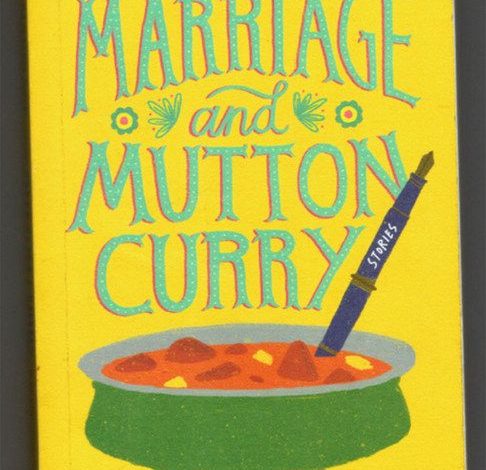

Author: Dato’ Dr M. Shanmughalingam
Be prepared to be bathed in a warm, gentle satire of slices of Malaysian life. Like the nation itself, this book is a melange of daily experience which may perhaps hold a mirror to other Southeast Asian communities; much of human experience being universal. A spoiler, however: this book is not merely warm and gentle.
Specifically, events portrayed are set mainly within the author’s Jaffna Tamil community in Malaysia late in the last century and the present one – a world seen through the various lenses of finance, the Japanese Occupation, work and family life, plus views from westerners.
With satirical humour underpinning the whole, Asian obsessions with status (work and matrimony, chiefly) and – of course – food, are free to take centre stage in the slow-burning milieu of daily life. Once everyday life is established in the first half, events begin to escalate significantly thereafter.
Protagonists range across boundaries of gender and race, effectively burying the received wisdom that authors should stick to what they think they know. Fiction is imaginative work. Dr Shan doesn’t elevate or relegate any ethnic group especially, though stories such as Victoria and Her Kimono feature typical taunts – fond and otherwise – heard, presumably, within his own community. When we read of its ‘rice-bowl Christians’ being scolded for not relishing their own culture, we may believe we have caught a glimpse of an author who would come to straddle yet another culture, via his studies at Oxford. We may be wrong.
There’s some neat wordplay in this collection, especially in Naming Names. The author clearly takes a mischievous delight in that most readily-available of resources.
As viewed by westerners, with their funny mis-readings of life in Malaysia, realities of status are treated with quiet humour. Between Asians, status always plays a defining role; Shan’s civil service career has proven good grist for his mill.
The life trajectories of characters here are squarely honed to practicalities: family and careers. Deep feelings gain scant attention; everyone knows that necessity will always take precedence. Abrupt modes of speech lead to repressed (or depressed) feeling faculties and vice versa, in perpetuation.
Likewise, the author doesn’t dwell overlong on detailed descriptions, nor use many adjectives. The subtleties of family life – feelings in particular – are implied through the unifying Malaysian medium of food. Mere mention of specific dishes (chutneys, appam) brings us into the sensory experience, and his characters take clear comfort and pleasure in Ipoh coffee, kaya and other everyday joys. Food’s central role in Malaysian life is well rooted here.
Marriage and Mutton Curry is a fond view of modern Malaysia, its title constantly reminding us just how relations are cooking: the marriage of ingredients in the slow cooker of daily life, if you’ll pardon the extended metaphor.
Publisher: Epigram, Singapore.
Lawrence Pettener
[Based on a review of this book in Star2, October 7, 2018.]
Sharpened Word – ‘Marriage and Mutton Curry’. January 26 (Saturday), 2pm-5pm at 22 Hale Street, 22-24 Jalan Tun Sambanthan, Ipoh. Entrance by donation. For details and updates visit www.facebook.com/sharpenedword.kinta.


